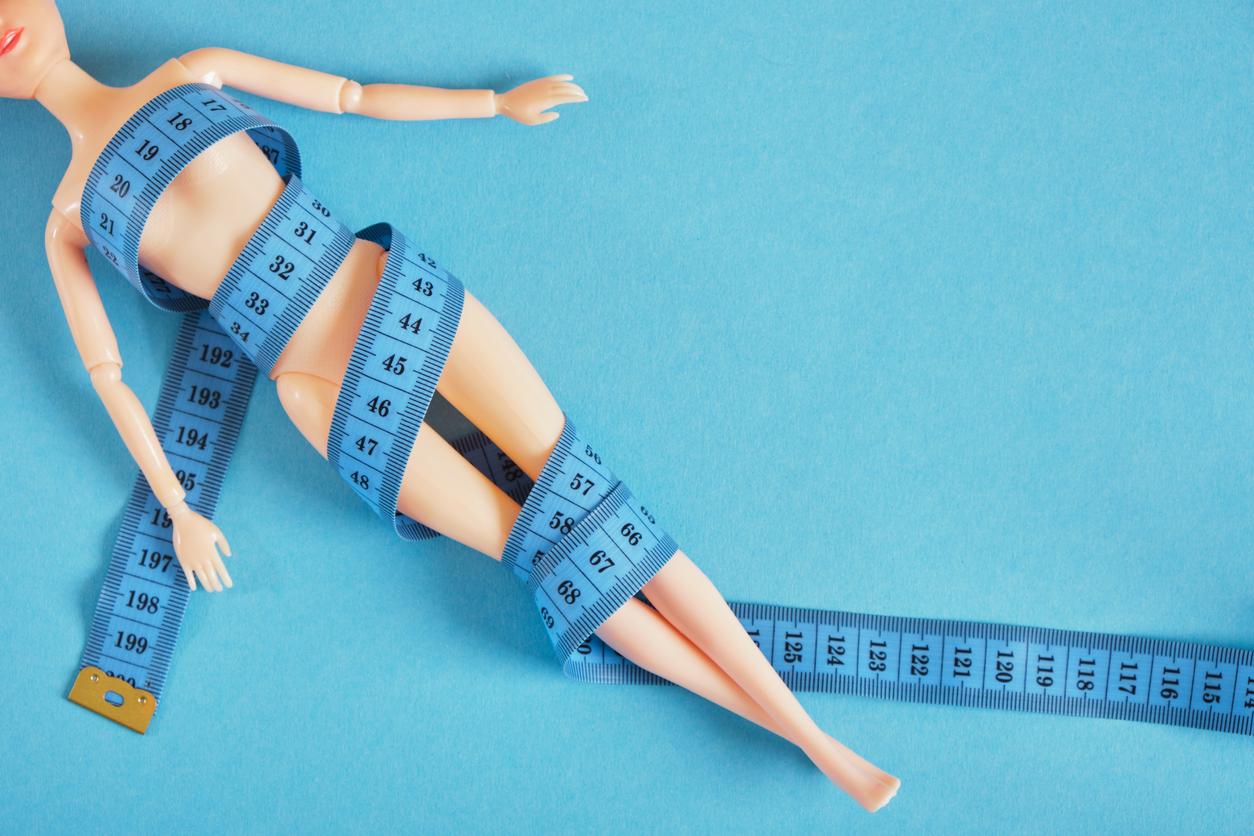The search for a reward effect through physical effort would constitute an important aspect of anorexia nervosa, the Inserm researchers have just discovered. A finding published in theInternational Journal of Eating Disordersand which could modify patient care.
Anorexia nervosa is an eating disorder that mainly affects young girls between 15 and 25 years old. The lifetime prevalence of anorexia is a little over 1% in women. In patients suffering from anorexia nervosa, weight loss due to nutritional deficiency is accompanied by fatigue and reduced physical abilities. However, they often continue to practice intensely a sporting activity which contributes to weight loss. By focusing on this other side of weight loss, physical activity, Inserm researchers have discovered that this generates positive emotions in female patients but also, more surprisingly, in their relatives who are not sick.
Physical exertion is not a manifestation of anorexia
Taking an interest in the notion of physical activity is an atypical approach because “physical effort is not considered a clinical manifestation of anorexia, even though many patients do a lot of sport, in particular to manage their hunger and lose calories”, specifies Philip Gorwood, Institute of Psychiatry and Neurosciences of Paris.
For this study, 88 patients suffering from anorexia nervosa, 30 of their non-ill relatives and 89 “healthy controls” were recruited. All were invited to practice a standardized physical exercise and then to answer questionnaires relating in particular to their emotions after exercise and the perception of their body image. Scientists show that at equivalent effort, anorexic patients report more positive emotions than controls.
Physical effort becomes addictive
“The fact of playing sports sends them a message of positive reinforcement which makes patients continue this activity despite their fatigue or their weakness. The caloric expenditure associated with this physical activity is a determining factor which leads to continuing this effort” underline the researchers. Positive emotions that are not found in the control people but which also exist in the relatives of the patients.
The researchers therefore insist on the importance of focusing part of the treatment of anorexia on physical effort. “The idea is to work with patients to relearn how to discover pleasurable physical effort (therefore moderate) and therefore to unlearn addictive physical effort, probably associated with the purpose of weight loss”.
Source :
- Physical exercise-related endophenotypes in anorexia nervosaInternational journal of eating disorders, March 2021
Read also :
- Testimonial: “I came out of the hell of bulimia-anorexia”
- Social networks encourage extreme thinness


















